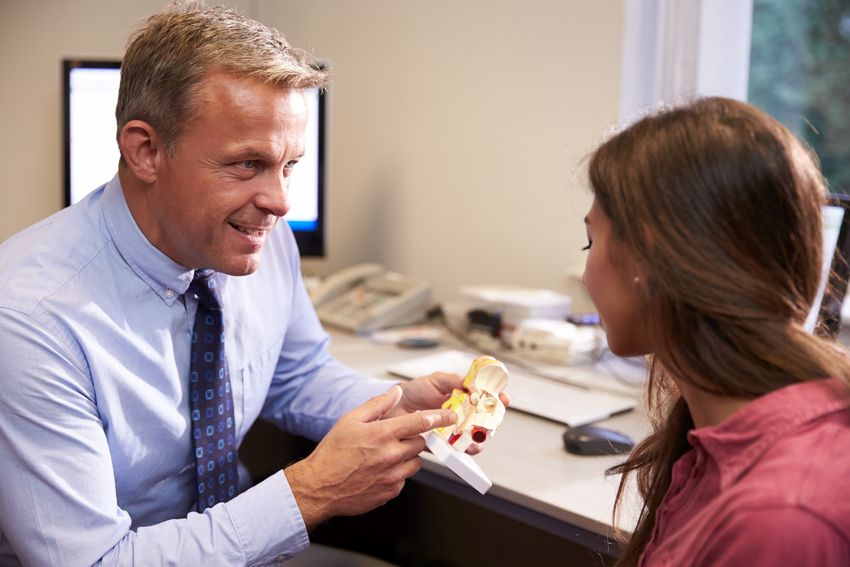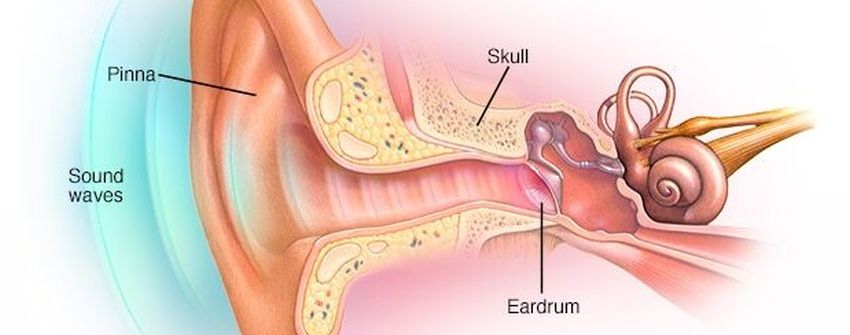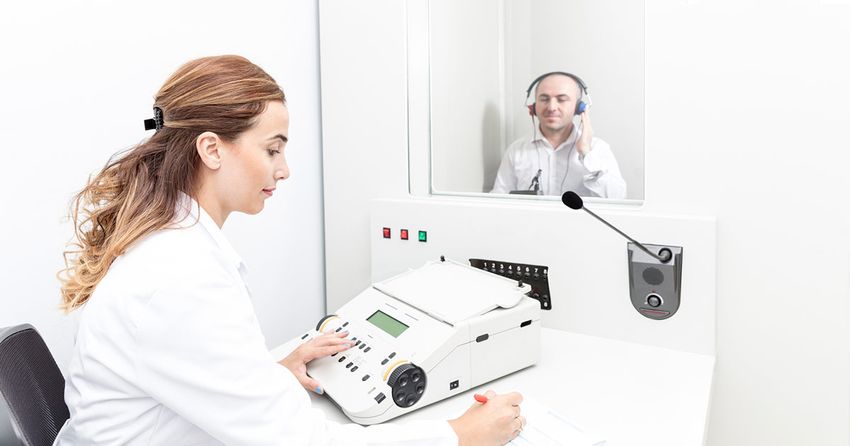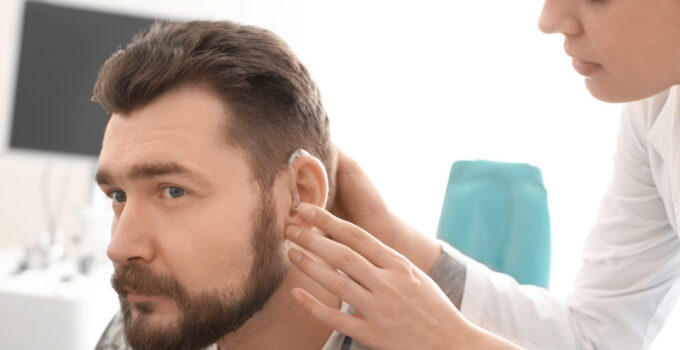You may not realize that hearing health is something you should regularly monitor even before you notice an issue. For example, according to Happy Ears Hearing Center, doctors recommend that you get regular tests to ensure that things are healthy, even if you aren’t experiencing a problem.
Even though this is the recommendation, it doesn’t mean it’s one everyone follows, and most people will wait until they start noticing hearing loss, or what they believe to be the loss before they see a specialist.
The following are things to know about this topic in general, and also the steps you should take if you start to notice it in yourself.
Page Contents
Overview

source:hearinglink.org
Hearing loss can occur as we age, and it’s usually gradual and natural as well. It’s estimated that among people in the U.S. between the ages of 65 and 75, around one-third have some level of deafness. In the age group of people older than 75, one in two have some degree of damage.
There are three primary types. There is the conductive hearing loss involving the outer or middle ear, sensorineural loss involving the inner ear, and mixed loss, which is a combination.
Along with aging, if we are chronically exposed to loud noises, it can contribute to hearing loss as well.
Most types aren’t reversible, but if you do notice them, you can work with a doctor to improve how you hear and your quality of life.
The Signs

source:mayoclinic.org
Some of the most common signs of hearing loss you might notice include:
- Speech and sounds seem muffled
- You have problems hearing high-pitched sounds such as a doorbell or birds
- You can’t understand conversations very well in a noisy environment
- You have issues understanding speech when you’re on the phone
- Challenges differentiating consonants—for example, it may be hard to determine the difference between s and f
- You need to ask other people to speak more clearly and slowly
- You have to ask people to repeat what they said frequently
- You find yourself turning up the volume on the radio or tv
- You experience ringing in your ears
- You’re very sensitive to certain sounds, and they may be painful
Even if you don’t notice to above signs, you can ask your family doctor or primary care physician to check your ears during an exam. They can look inside your ear and do a few other basic checks to determine what you can hear, and then they may refer you to a specialist, who is known as an audiologist.
If you feel your hearing has changed, you have a history of being exposed to loud noises or your friends and family are noticing that you’re having communication problems, speak with your doctor.
What Should You Do If You’re Having a Hard Time Hearing?

source:mayoclinic.org
If you don’t want to start with your primary care physician and you are noticing that some things aren’t clear, there are other things you can do. There are three main types of people who work with people on these issues. These are:
- An otolaryngologist is a doctor who specializes in the ear, nose, throat, and neck. These doctors are sometimes referred to as an ENT, and they can work with you to try and find the reasons why you’re having a hard time. An ENT may also refer you to an audiologist.
- An audiologist is a specialist in identifying and measure the degree and type of loss someone may be experiencing. An audiologist may also be licensed to do aid fittings.
- A hearing aid specialist is licensed by the state, and they can do basic tests and also fit and test aids.
Screening vs. Hearing Tests

source:asha.org
Screening is different from a hearing test. A screening is a good tool for detecting possible problems early on.
If you go for a screening, you’ll listen to different tones meant to replicate real-world situations. With a screening, your results will usually be given as a pass or fail.
If you pass the screening, it means you don’t have hearing loss. If you fail a screening, further testing needs to be done.
It’s recommended that adults between the ages of 18 and 50 get a screening every three to five years. This can be part of an annual check-up, and your doctor as mentioned can likely do a screening and refer you elsewhere if needed.
What About Screenings for Children?
Children’s health is, of course, important as well. There are issues that can be seen at birth in newborns, and other problems may develop later in childhood. Regular screenings can help identify issues.

source:nationwidechildrens.org
In the United States, newborn babies undergo a screening right after birth and it’s required before a child is released from the hospital. Toddlers should have a screening before they turn three, and if your child has delayed speech their health care provider might recommend more frequent screenings.
In the U.S. when children are elementary-aged, they get a test every year. Usually, they’re done through schools.
Finally, whether you’ve noticed hearing loss in yourself or not, there are a few things you can do to protect your ears.
First, if you’re going to be in a loud environment, wear earplugs.
If your ears get wet from swimming or anything else, make sure you dry them fully and don’t use q-tips or similar items in your ears.
Keep the volume low when you’re listening to things like TV or radio, and especially when you’re using headphones.
If you are exposed to loud sounds, give your ears some time to recover.
Hearing health is something we often take for granted until we notice declines, but there are things you can do proactively to take care of your ears and hearing like you do other areas of your health. If your audiologist recommends hearing aids, Blue Angels Hearing is one of the most popular brands offering high-quality hearing aids at an affordable price.





